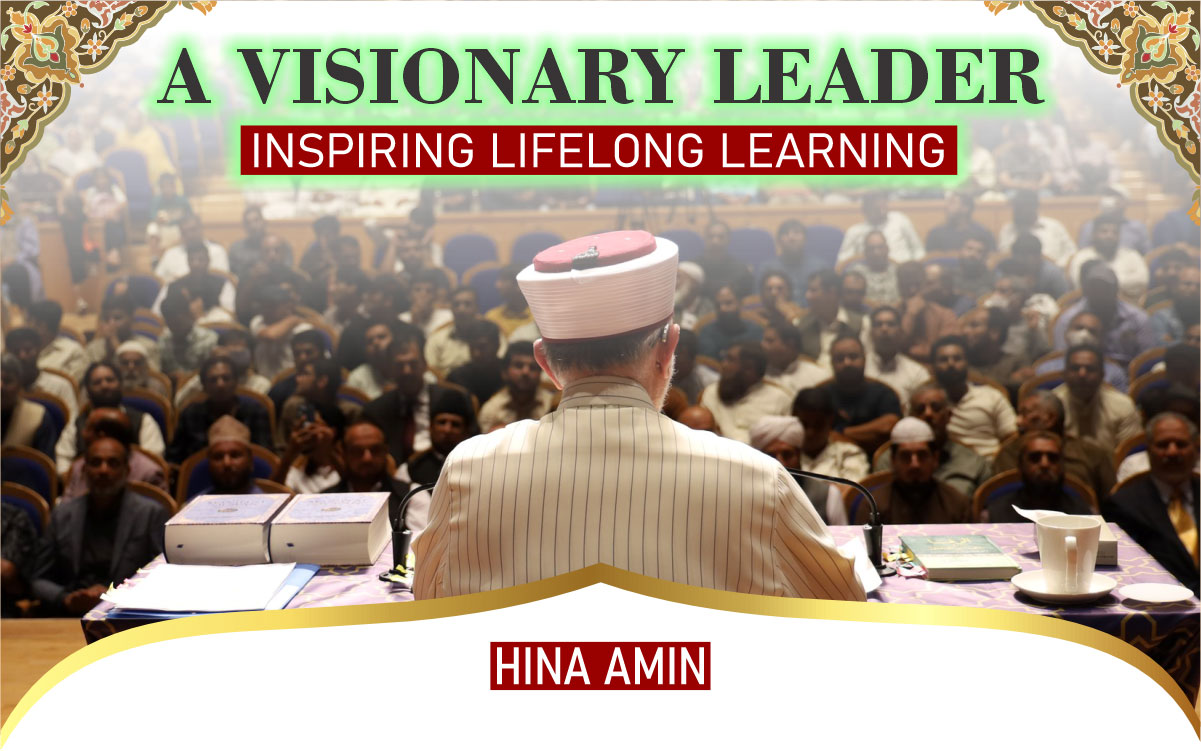Dr. Tahir-ul-Qadri, a prominent figure in Islamic scholarship, politics, and social activism, is recognized for his significant contributions to the field of education. His educational philosophy, characterized by a unique blend of Islamic teachings and modern scholarship, has profoundly impacted the intellectual and social landscape, particularly within Pakistan.
A Framework for Holistic Education:
Dr. Qadri's educational vision emphasizes the importance of a holistic approach that nurtures not only intellectual growth but also moral and ethical development. He advocates for an educational system that equips individuals with the knowledge and skills necessary to excel academically while simultaneously cultivating strong moral character and a deep understanding of Islamic values. This approach aims to produce well-rounded individuals who are not only academically proficient but also responsible citizens contributing positively to society.
Minhaj-ul-Quran International (MQI): A Model for Educational Excellence:
Dr. Qadri founded Minhaj-ul-Quran International (MQI), a global organization with a strong emphasis on education. MQI has established a comprehensive network of educational institutions, ranging from schools and colleges to universities and seminaries, that provide quality education to students from diverse backgrounds.
• Curriculum Integration: MQI institutions integrate modern curricula with Islamic teachings, fostering a balanced approach to learning. This ensures students acquire both secular knowledge and a deep understanding of Islamic principles.
• Character Development: Character building is a cornerstone of the MQI educational philosophy. Institutions emphasize the development of key moral and ethical values, such as honesty, compassion, and social responsibility, through various curricular and extracurricular activities.
• Interfaith Harmony: MQI institutions actively promote interfaith harmony and understanding. Students are encouraged to respect diverse beliefs and cultures, fostering an environment of tolerance and peaceful coexistence.
Dr. Qadri's Scholarly Contributions to Education:
Dr. Qadri is a renowned scholar of Islamic jurisprudence (Fiqh) and theology (Usul-ud-Din). His extensive research and writings have significantly enriched Islamic scholarship, particularly in areas relevant to education.
• Reforming Islamic Education: Dr. Qadri has been a vocal advocate for the reform of traditional Islamic education systems. He emphasizes the need to modernize these systems while preserving their core values, ensuring they remain relevant and responsive to the challenges of the 21st century.
• Promoting Critical Thinking: Dr. Qadri encourages critical thinking and independent inquiry among students of Islamic studies. He highlights the importance of understanding and interpreting religious texts within their historical and cultural contexts.
Beyond the Classroom: A Commitment to Lifelong Learning:
Dr. Qadri recognizes that education is a lifelong journey. He emphasizes the importance of continuous learning and self-improvement beyond formal education.
• Promoting Lifelong Learning Initiatives: MQI organizes various seminars, workshops, and conferences on diverse topics, including Islamic studies, social sciences, and professional development, to encourage lifelong learning among its members and the wider community.
• Empowering Women through Education: Dr. Qadri is a strong advocate for women's education. He believes that educating women is crucial for the social and economic development of any society and has actively promoted equal access to quality education for girls and women within MQI institutions.
Impact and Legacy:
Dr. Qadri's educational vision has had a profound and lasting impact.
• Producing Skilled Professionals: MQI institutions have produced a significant number of skilled professionals across various fields, including medicine, engineering, law, and education, who are contributing to the development of their communities and nations.
• Fostering Social Change: By emphasizing social responsibility and ethical conduct, Dr. Qadri has inspired many individuals to become agents of positive social change, actively engaged in community development and humanitarian work.
• Promoting Interfaith Dialogue: Dr. Qadri's efforts to promote interfaith harmony and understanding have contributed significantly to building bridges between people of different faiths and fostering a culture of peace and tolerance.
Conclusion:
Dr. Tahir-ul-Qadri's contributions to the field of education are multifaceted and significant. His unique blend of Islamic scholarship, modern educational principles, and a strong emphasis on moral and ethical development has created a lasting impact. His legacy continues to inspire and guide educational institutions and individuals towards a more just, equitable, and harmonious future.



